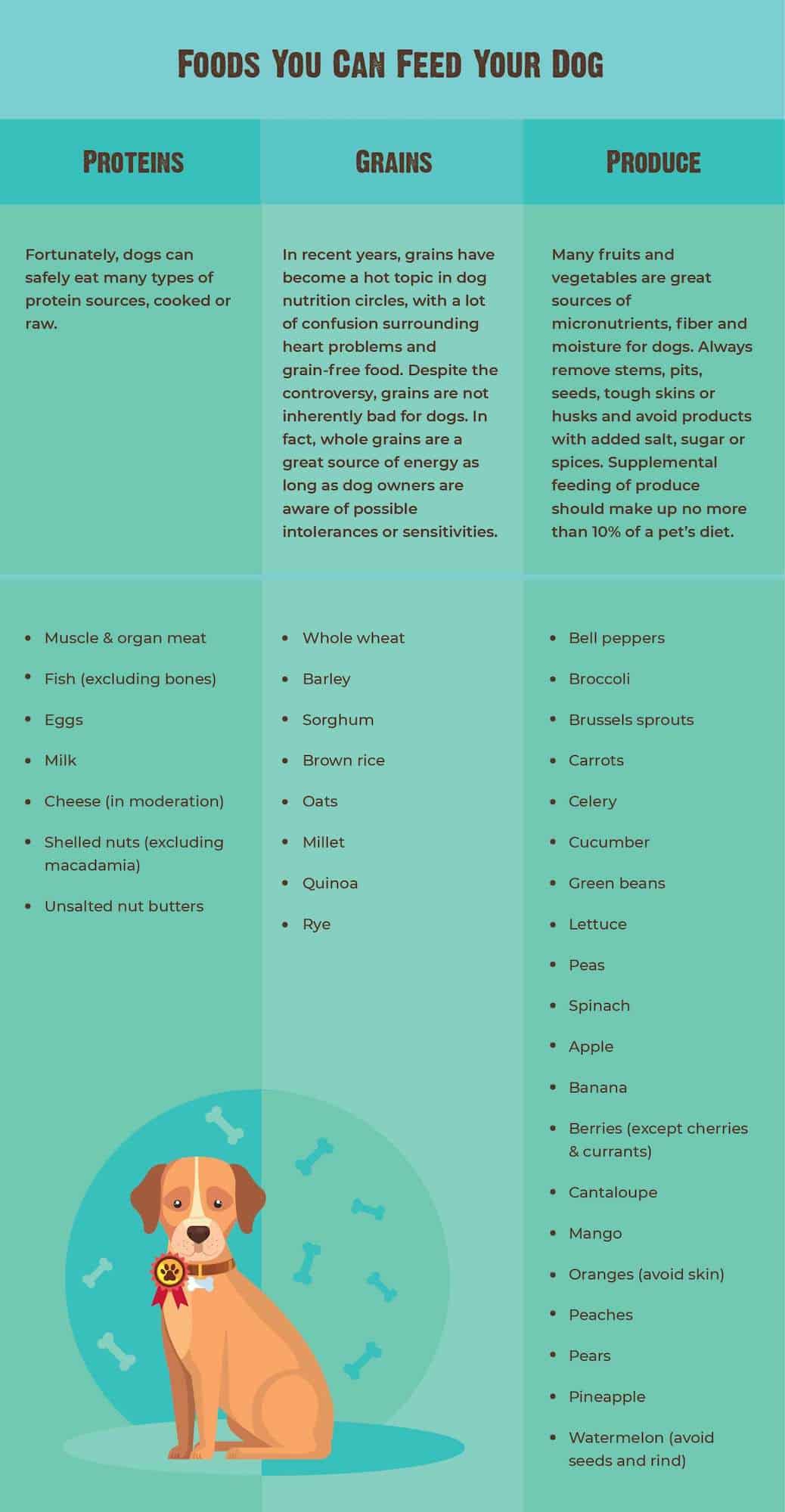As dedicated pet parents, we often want to share the joys of mealtime with our canine companions. However, it’s crucial to understand that not all human foods are safe for dogs. Some can be downright toxic, leading to severe health issues or even death. This guide details common human foods that dogs should never eat, helping you protect your furry friend from accidental poisoning.
Understanding Toxic Foods and Immediate Actions
If your dog ingests any of the following items, immediate veterinary attention is essential. Recognizing the signs and acting quickly can save your dog’s life.
Chocolate, Coffee, and Caffeine
These popular items contain methylxanthines, a stimulant found in cacao seeds. In dogs, methylxanthines can cause vomiting, diarrhea, hyperactivity, abnormal heart rhythms, tremors, seizures, and, in severe cases, death. The toxicity is dose-dependent, meaning smaller dogs or those consuming larger quantities are at higher risk. Darker chocolate is more dangerous than milk chocolate, with baking chocolate being the most potent. If your dog consumes chocolate, coffee, or any caffeinated product, contact your veterinarian immediately.
Xylitol
This artificial sweetener, commonly found in sugar-free gum, candies, toothpaste, and baked goods, is extremely toxic to dogs. Xylitol triggers a rapid release of insulin, causing a dangerous drop in blood sugar. Symptoms include vomiting, lethargy, loss of coordination, seizures, and potentially liver failure.
Macadamia Nuts
While a tasty snack for humans, macadamia nuts can cause significant distress in dogs. Although the exact toxic compound is unknown, ingestion can lead to weakness, vomiting, tremors, depression, and elevated body temperature.
Grapes and Raisins
These fruits are notorious for causing acute kidney failure in dogs. The specific toxin remains unidentified, and a dog that has tolerated grapes before may still be poisoned by them later. It is safest to consider all grapes and raisins toxic and avoid them entirely.
Garlic, Onions, and Chives
Belonging to the Allium family, these and related plants like leeks can harm dogs. The sulfur-containing compounds can damage red blood cells, leading to Heinz body anemia. Symptoms include weakness, intolerance to exercise, depression, vomiting, diarrhea, abnormal heart and respiratory rates, red urine, collapse, and death. Cats are generally more sensitive to these toxins.
Alcohol
Even small amounts of alcohol can be dangerous for dogs. It can lead to vomiting, diarrhea, breathing difficulties, loss of coordination, tremors, coma, and death. Ensure all alcoholic beverages and products containing alcohol are kept safely out of your dog’s reach.
Yeast Dough
While baked bread is generally safe in moderation, uncooked yeast dough can pose a serious threat. The yeast ferments in the dog’s stomach, producing large amounts of gas that can cause painful bloating and a life-threatening condition known as gastric dilation-volvulus (GDV). Furthermore, the fermentation process produces ethanol, which can lead to alcohol poisoning.
Other Foods That Can Cause Problems
Beyond outright toxicity, several other human foods can lead to significant health issues for dogs. While not always immediately life-threatening, they should be avoided to maintain your dog’s well-being.
Milk and Dairy Products
Many dogs are lactose intolerant, lacking the enzyme lactase needed to digest dairy sugars. Consuming milk and dairy products can result in gastrointestinal upset, including vomiting and diarrhea. High-fat dairy products can also trigger pancreatitis, a serious inflammation of the pancreas.
Salt and Salty Snacks
While a small amount of salt is essential, excessive intake can be toxic. Salty foods can lead to increased thirst and urination, vomiting, diarrhea, and depression. In severe cases, it can progress to tremors, seizures, and death. Dogs with pre-existing conditions like high blood pressure, heart, or kidney disease are particularly sensitive.
Raw Meat, Raw Eggs, and Bones
Feeding raw meat and eggs carries the risk of bacterial contamination from Salmonella and E. coli, which can sicken both dogs and humans. Raw eggs also contain avidin, an enzyme that interferes with biotin absorption, potentially causing skin and coat problems. Bones, while seemingly natural, can cause choking, intestinal blockages, or perforations.
Citrus
In large quantities, the essential oils found in citrus fruits like lemons, limes, and oranges can cause gastrointestinal irritation and central nervous system depression in dogs. While occasional small pieces are unlikely to cause harm, they should not be a regular part of your dog’s diet.
Coconut and Coconut Oil
Small amounts of coconut products are generally not harmful, but they can cause diarrhea and stomach upset. Coconut water is high in potassium, which could be problematic for dogs with heart or kidney issues.
Nuts
Many nuts are high in oils and fats, which can lead to vomiting, diarrhea, and potentially life-threatening pancreatitis. Macadamia nuts and black walnuts are toxic. While almonds and pecans aren’t toxic, they should still be avoided due to their high fat content. Always research the safety of any nuts before considering giving them to your dog in very limited quantities.
Safe Human Foods for Dogs
While many foods pose risks, some human foods are generally considered safe for dogs when offered in small amounts (less than 10% of their daily caloric intake) and after consulting with your veterinarian. Commercial dog food remains the most balanced option for meeting your dog’s nutritional needs.
Featured Image: iStock/Moyo Studio
WRITTEN BY
Sandra C. Mitchell, DVM, DABVP
Veterinarian
Sandra Mitchell is a 1995 graduate of the New York State College of Veterinary Medicine. Since graduation, she has worked in many fields…

